-
New study shows in real-time what helps mammals survive a natural disaster
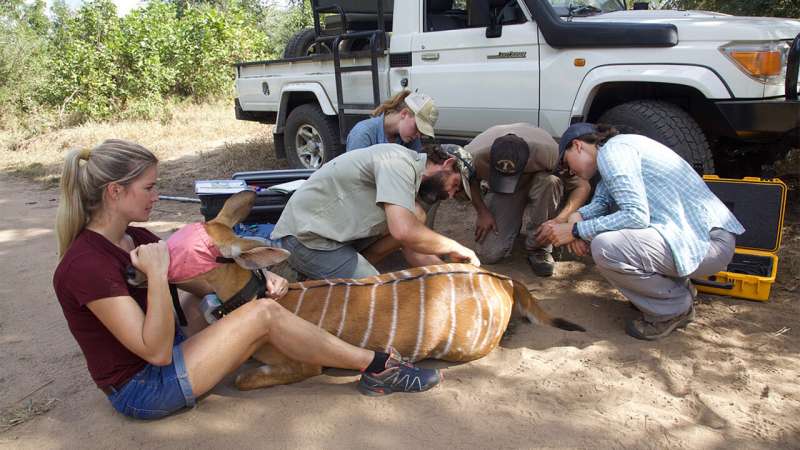
Hallie Brown (center, in the baseball cap) records information on the health of a nyala antelope. Credit: Robert M. Pringle, Princeton University When Cyclone Idai swept through Mozambique’s Gorongosa National Park in May 2019, one of nature’s deadliest forces encountered one of the most technologically sophisticated wildlife parks on the planet. Princeton researchers and colleagues…
-
Scientists produce human norepinephrine neurons from stem cells, with significant implications for researching diseases like Alzheimer’s and Parkinson’s
Researchers at the University of Wisconsin–Madison have identified a protein key to the development of a type of brain cell believed to play a role in disorders like Alzheimer’s and Parkinson’s diseases and used the discovery to grow the neurons from stem cells for the first time. The stem-cell-derived norepinephrine neurons of the type found…
-
PLATEAUED POTENTIAL: Prioritizing Land for Species Preservation
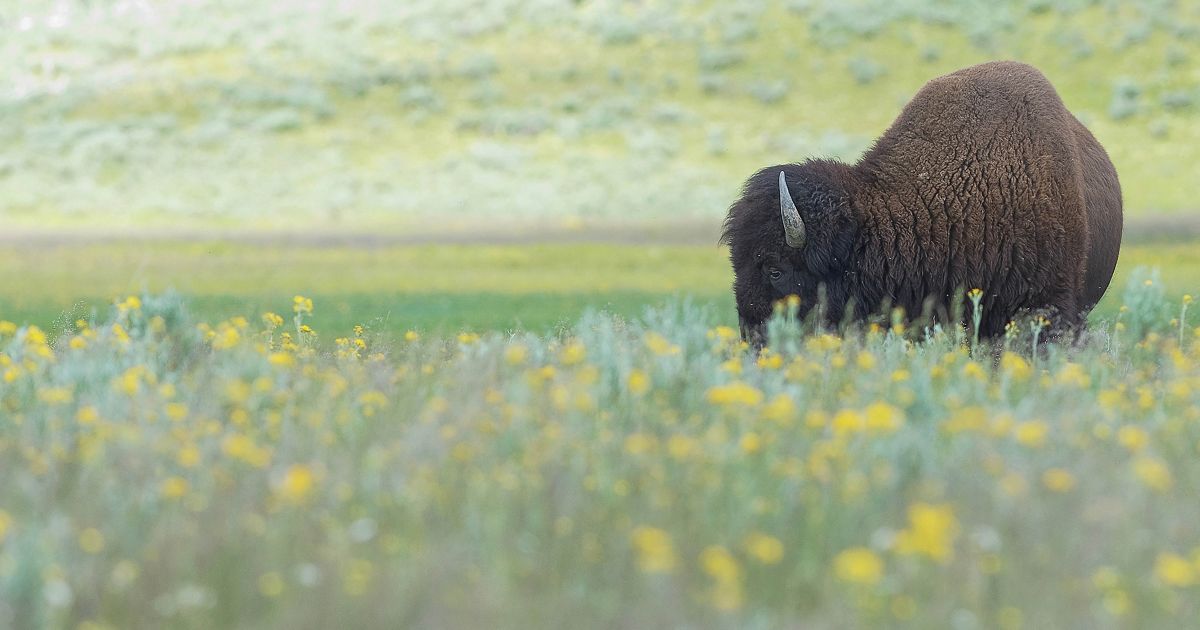
Amidst an alarming surge in global habitat destruction and species extinctions, new research published today by scientists at The Nature Conservancy (TNC) and ten collaborating institutions proposes a new global approach to choosing protected lands which could reduce species extinction risk twice as efficiently as current methods. Protecting key ecosystems and habitats is widely accepted…
-
Superconductor Research Is in a ‘Golden Age,’ Despite Controversy
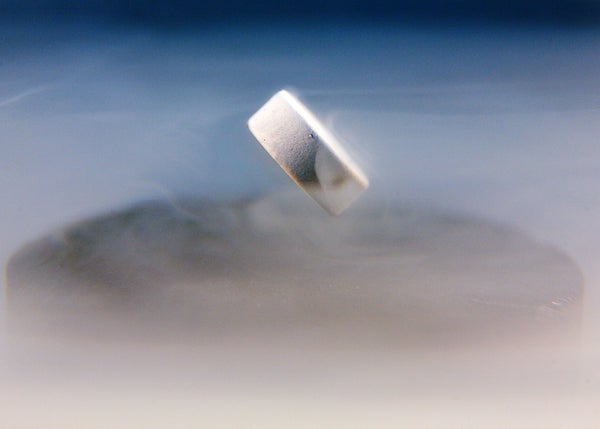
November 17, 2023 4 min read The search for room-temperature superconductors has suffered scandalous setbacks, but physicists are optimistic about the field’s future By Davide Castelvecchi & Nature magazine A magnet levitating over a nitrogen-cooled superconductor. Materials Science A Nature retraction last week has put to rest the latest claim of room-temperature superconductivity — in which researchers…
-
Faculty researches better ways to explore the brain and its functions
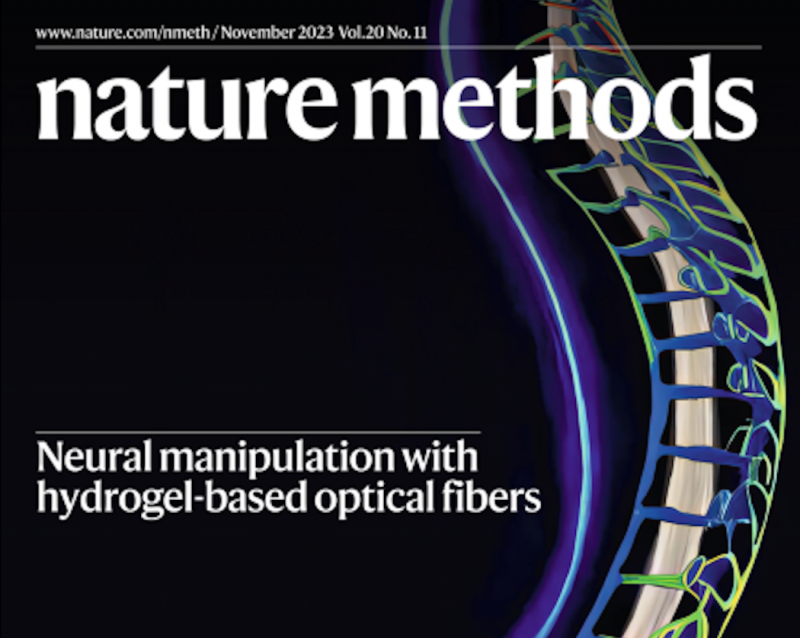
Siyuan Rao, an assistant professor of biomedical engineering, would have been a great addition to campus all on her own — but bringing along five doctoral students, her entire lab and the projects they’re working on makes this move a special one. “We have the entire graduate student team moving with me,” Rao said. “And…
-
Binghamton News

The best public university in the Northeast Binghamton University is a world-class institution that offers students a broad, interdisciplinary education with an international perspective and one of the most vibrant research programs in the nation.
-
In Science We Trust: Denver Museum Gets $100K Grant to Connect Scientists to Legislators

The Denver Museum of Nature & Science’s Institute for Science & Policy has earned a $100,000 grant from the National Conference of State Legislatures to explore creating a science policy fellowship program that would give state legislators direct access to doctoral-level scientific experts. The grant is part of the NCSL’s State Science Policy Fellowship Planning Grant…
-
Bone bite marks reveal dinosaur predator-prey dynamics
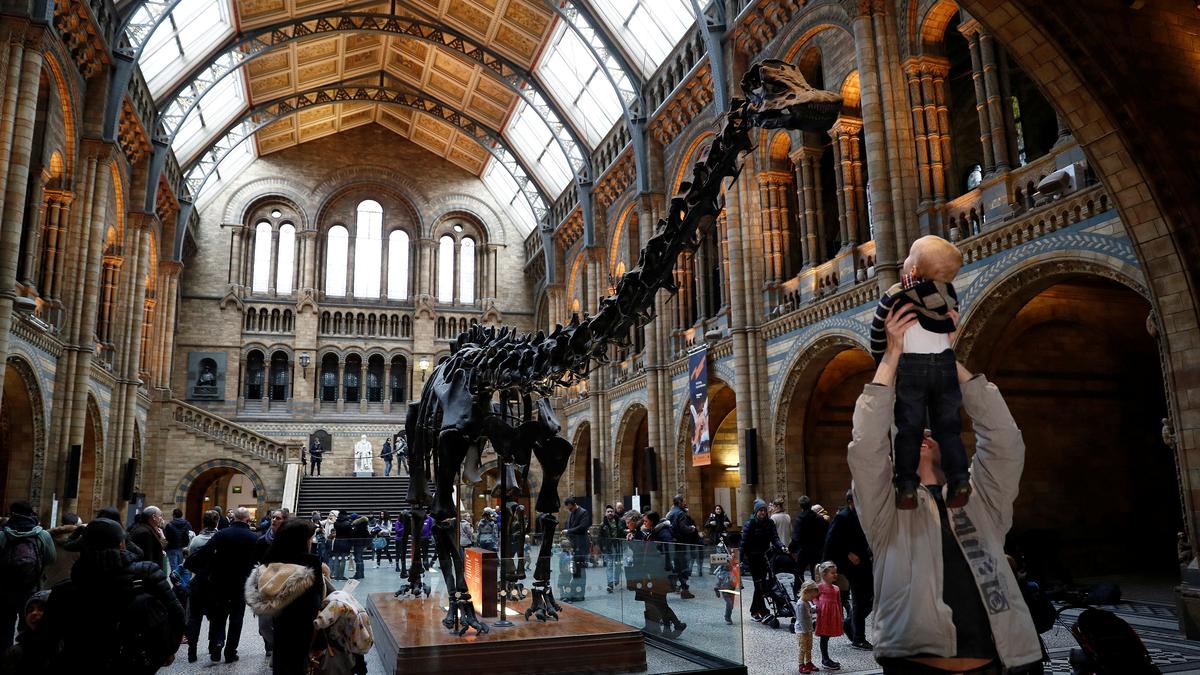
On the perilous Jurassic Period landscape of western North America, it was good to be big. Your life may have depended upon it. Palaeontologists have conducted a study scrutinising bite marks left by meat-eating dinosaurs on the bones of sauropods – the familiar plant-eating dinosaurs with long necks, long tails and four pillar-like legs that…
-
Are Psychedelics the Future of Eating Disorder Treatment?
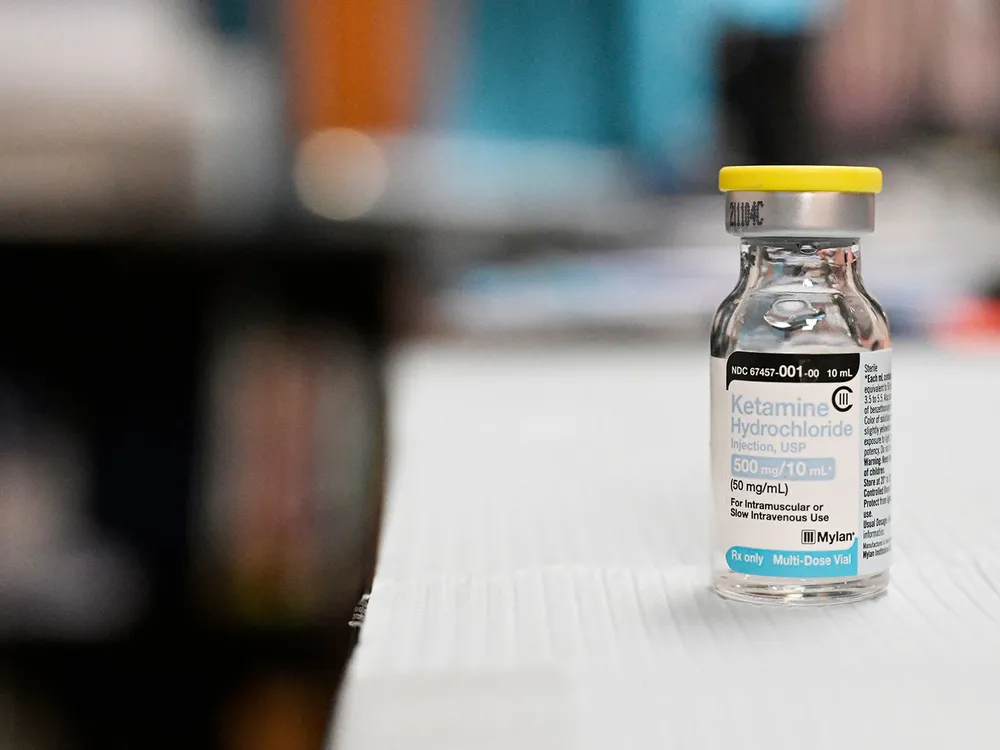
Ketamine and esketamine are the only psychedelics currently being used clinically with eating disorder patients. RJ Sangosti / MediaNews Group / The Denver Post via Getty Images Sarah Kelley was 14 years old when she first started to feel an intractable need to control her body and how it looked. She restricted her eating and…
-
Race Cannot Be Used To Predict Heart Disease, Scientists Say
Doctors have long relied on a few key patient characteristics to assess risk of a heart attack or stroke, using a calculus that considers blood pressure, cholesterol, smoking and diabetes status, as well as demographics: age, sex and race. Now, the American Heart Association is taking race out of the equation. From a report: The…